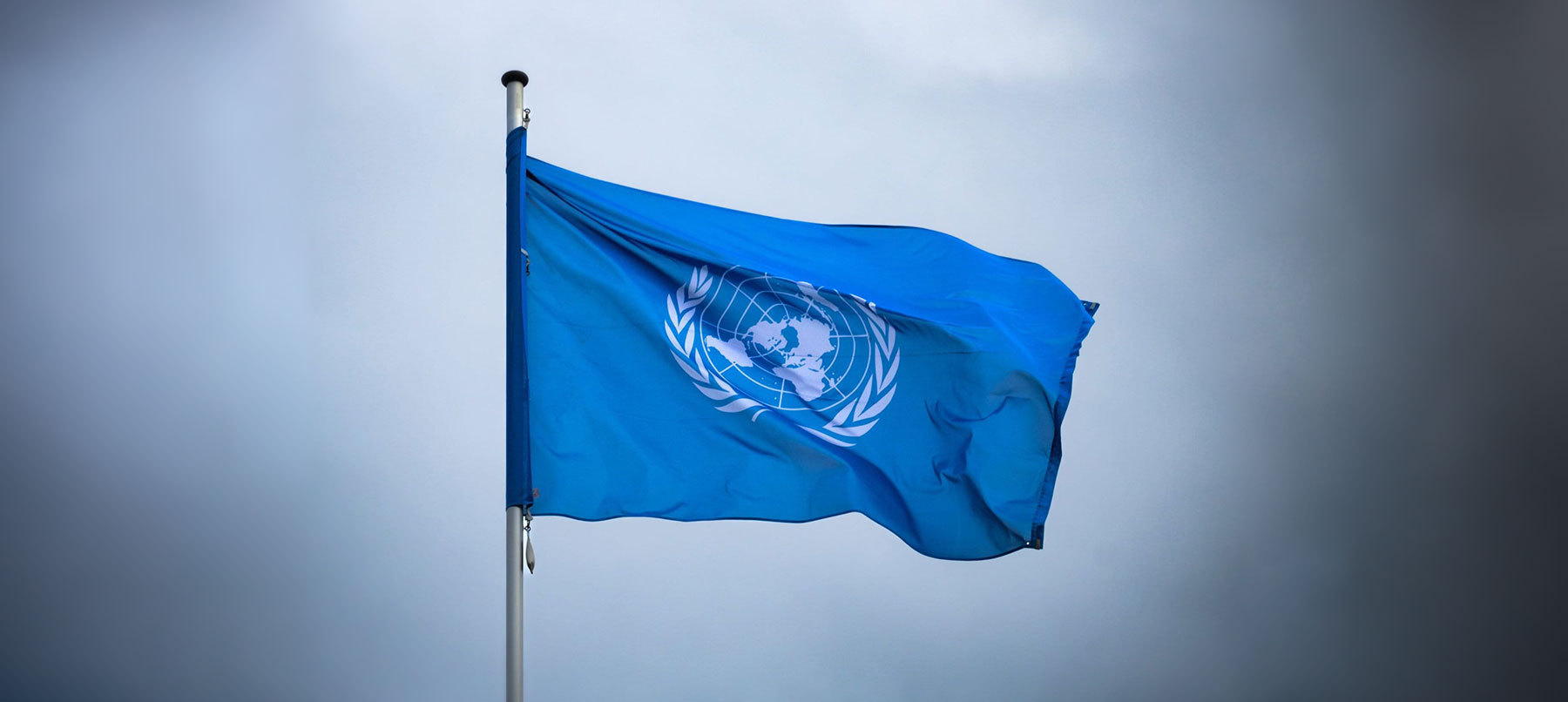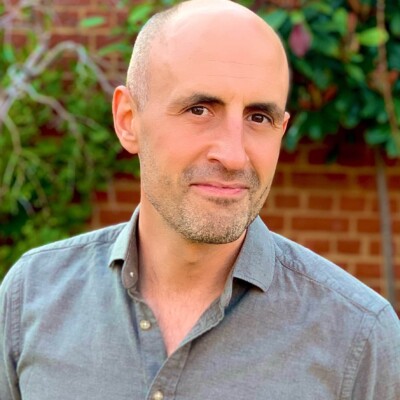
After a draft deal was forged and later rejected by many countries around the COP28 table, last Wednesday morning the final deal passed… 24 hours after the original deadline.
The deal calls for a ‘transitioning away from fossil fuels in energy systems, in a just, orderly and equitable manner… so as to achieve net zero by 2050 in keeping with the science’ (Reuters). To the frustration of many, language like ‘phase down’ or ‘phase out’ of fossil fuels did not appear in the final draft text, despite a number of countries pushing for it. According to small island states who are most vulnerable to the impacts of the climate crisis, this deal contains a ‘litany of loopholes’ (The Guardian).

What was agreed?
The COP28 final deal calls for:
- A tripling of renewable energy capacity globally by 2030
- Speeding up efforts to reduce coal use
- To fully deliver on a pledge first floated in 2009, to jointly scale annual climate finance provisions to developing countries to $100bn by 2025
- Accelerating technologies such as carbon capture and storage
- An “urge” for parties to accelerate action by 2030 in order to achieve:
– Reduced climate-induced water scarcity
– Climate-resilience in food and agricultural industries
– Resiliency against health impacts
– Accelerated nature-based solutions
– Climate-resilient infrastructure
– Reduced climate change impacts on poverty eradication and livelihoods
Countries will be responsible for delivering on these agreements via national policies and investments.
COP28: Complete failure or a historic turning point?
If you spend just a few minutes scrolling through reactions to COP28 on LinkedIn, you are going to encounter a wide spectrum of opinions: from those claiming it was a complete failure to others citing it as a historical turning point. One can find it hard to argue with either perspective, or the many in between.
On one hand, with oil, gas and coal still accounting for around 80% of the world’s energy, COP28 has been regarded by some as another absent commitment to a sustainable future which is nearly out of reach.
On the other hand, Rachel Cleetus, from the Union of Concerned Scientists, has said the deal has sent a strong signal to world leaders who have recognised the need for a sharp turn away from fossil fuels towards clean energy in this decade, aligned with scientific warnings (The Guardian).
Similarly, Al Gore, climate activist and former Vice President of the United States, regarded ‘the decision at COP28 to finally recognise that the climate crisis is, at its heart, a fossil fuel crisis’.
He regards the outcome as ‘an important milestone. But it is also the bare minimum we need and is long overdue. The influence of petrostates is still evident in the half measures and loopholes included in the final agreement. Fossil fuel interests went all out to control the outcome, but the passionate work of millions of climate activists around the world inspired and motivated delegates from many nations to loosen the industry’s grip. Whether this is a turning point that truly marks the beginning of the end of the fossil fuel era depends on the actions that come next and the mobilisation of finance required to achieve them.’ – Al Gore, Climate Activist and Former Vice President of the United States.
Looking ahead
The climate crisis is an environmental and social crisis. COP28 is a stark reminder that we cannot count on governments alone to ensure a sustainable, fossil-fuel free future. That’s why we believe in using business as a force for good, holding ourselves and the businesses we advise accountable to make a positive impact and shift the future of our planet.
A perspective which resonated with us at Seismic are the words of Climate activist and UN Climate Ambassador Xiye Bastida who said, “At the end of the day, the text doesn’t write the future. We do. The real work is outside of negotiations. It’s in community building. It’s in changing systems. We have everything to lose and everyone to gain. So let’s choose to be the people who see beyond an industry and beyond profit. Let’s choose life, let’s choose each other, let’s choose a thriving future.”
Whilst we are disappointed in the lack of accountability and actionable outcome as a result of a summit that has huge promise to protect our society and planet from severe climate risk, Seismic believes that the world has woken up to the consequences of fossil fuels and we hope that 2024, and COP29, will go further into making a sustainable future, phasing out fossil fuels to provide a more hopeful future for generations to come.


